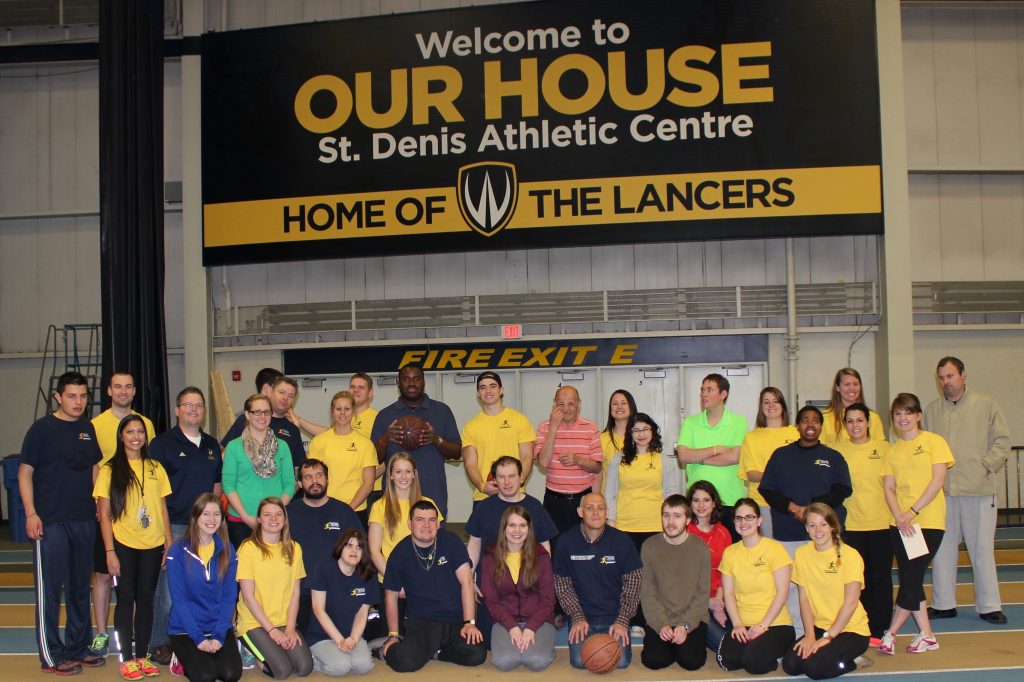Adapting Sport and Physical Activity for Individuals with IDD: Highlighting a Decade of Inclusion and Outcomes

The Adapted Physical Exercise (APEX) Research Group at the University of Windsor leverages the transformative power of sport and physical activity through inclusive, barrier-free programming for adults with intellectual and developmental disability (IDD). In collaboration with Community Living Essex County, APEX delivers volunteer-led, one-on-one fitness training at the University of Windsor’s fitness facility. The purpose of this article is to summarize our key findings and recommendations from…
Barriers to Physical Activity for Rural Communities
Common barriers to physical activity in rural, remote and Indigenous communities include limited access to recreational facilities, lack of sidewalks, uneven road surfaces, wildlife, and inclement weather. Learn more about evidence-based strategies for promoting physical activity in these communities.
Evidence-Based Return to Play
The development and implementation of return to play plans requires community sport organizations to confront a number of complex challenges. A new commentary in Managing Sport and Leisure reviews the literature to help community sport organizations tap into the evidence on issues relating to assessing and building capacity, embracing innovation, and adapting top-down policy directives…
Cultural Context
Understanding the cultural context of a community is critical when designing and implementing physical activity and sport programs. For example, integrating Indigenous values, beliefs, and practices (e.g. smudging, berry picking, hunting) into programs can greatly enhance their value among Indigenous groups. Engage stakeholders in the process, and ensure that their needs and priorities are taken…
Understanding the influence of peer groups in sport on adolescent social development

Project Summary The primary objective of this research was to examine how the identities that youth form through membership on sport teams – their social identities – influence their social development. Specifically, the research examined the relationships between social identity and prosocial (e.g., helping an injured opponent) and antisocial behaviors (e.g., deliberately hurting an opponent)…
In Search of Inspiration: Re-thinking the Potential for Demonstration Effects

Major sport events in Canada and around the world have been cancelled in the wake of the COVID-19 global pandemic. For sport administrators, researchers and policymakers, this pause represents a unique opportunity to reflect on the desired impacts and legacies of future sport events. Event bids are often full of claims about the positive impacts…
The Digital Gamification of Youth Sport Engagement

Gamification is the use of game techniques, such as the allocation of points and rewards, to provide incentive and fuel the competitive spirit in aspects of life outside of sport (Bunchball, 2020). Examples are abundant, and include Points Days at Shoppers Drug Mart, using an Aeroplan credit card to earn travel miles, or opening a…
Virtual Volunteering in Community Sport

As community sport clubs begin their return to play phases, the short and long-term impacts of COVID-19 – on the field and in the office – are unmistakable. Physical distancing measures and stay-at-home protocols have illuminated how technology can keep people connected and involved in their local communities. These new ways of working provide an…
OSC Concussion Initiative
The Ottawa Sport Council’s (OSC) Concussion Education Initiative offers free education sessions for Ottawa-based sport organizations. Aligned with the SIRC Headstrong campaign, this initiative is just one way the OSC is increasing awareness about concussion management and prevention at the community sport level.
National Volunteer Week 2020
Many community sport clubs rely on volunteers for management and program delivery, including coaching. One way to support volunteer recruitment and retention is to understand volunteers’ expectations – both of themselves, and of the organization. In recognition of National Volunteer Week (April 19-25), learn how sport organizations can support strong “psychological contracts” amongst volunteer coaches.